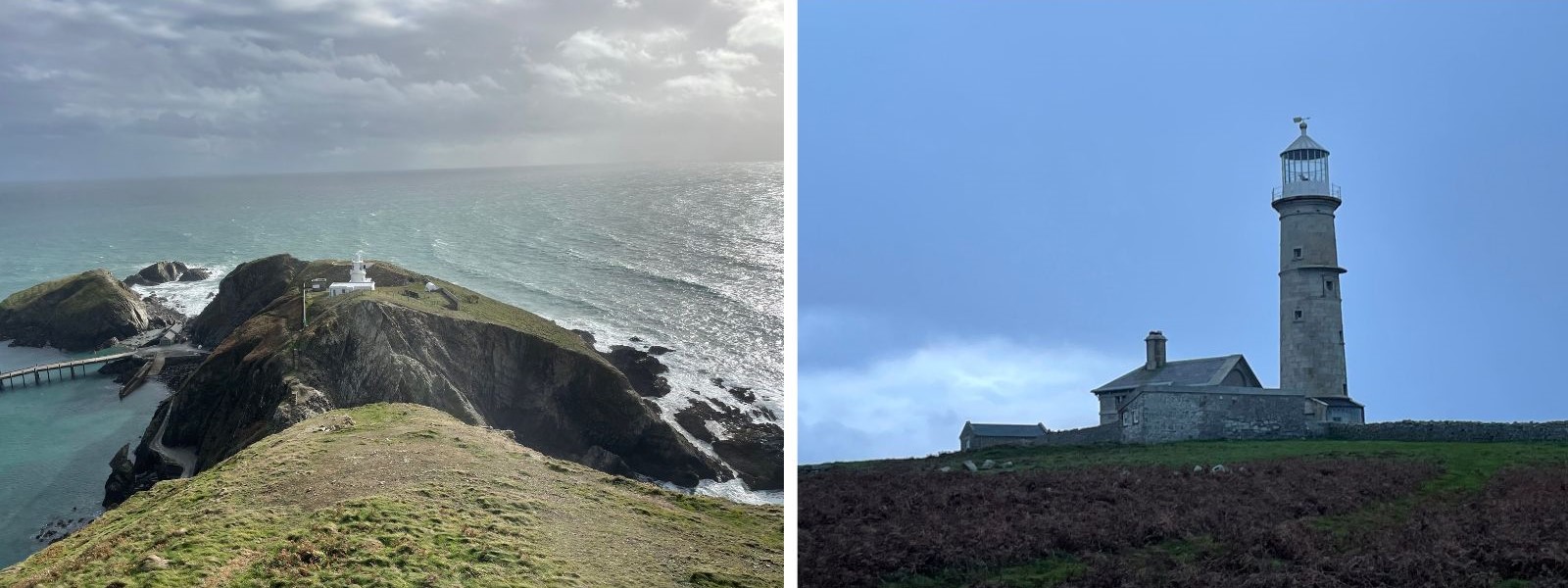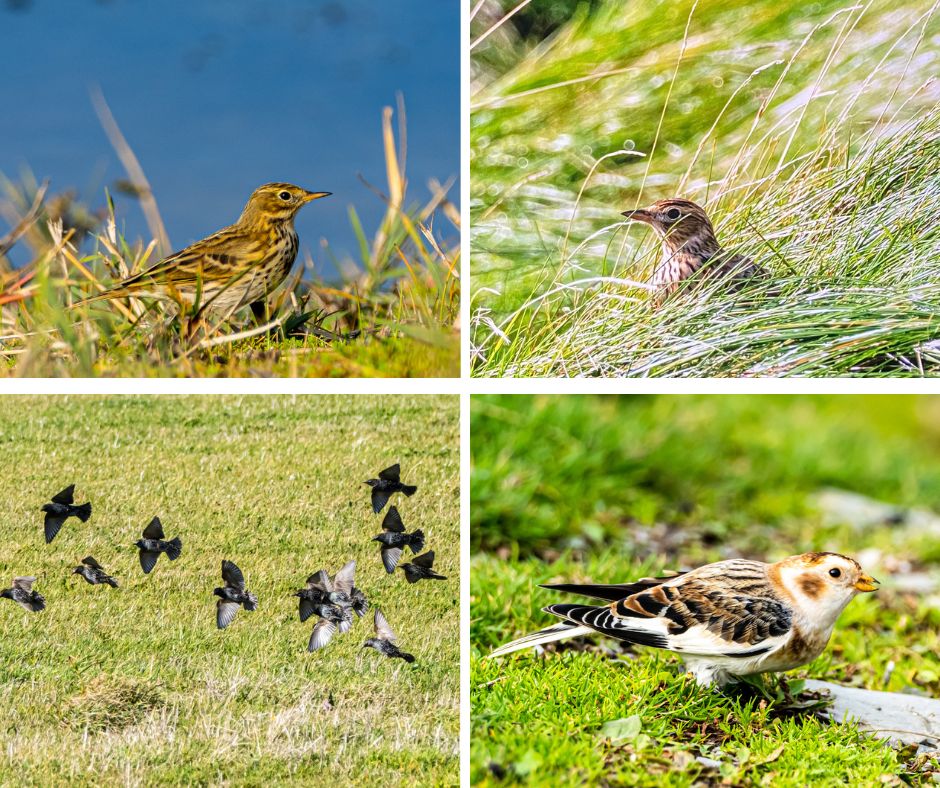Birdwatching on Lundy
By David Lindo, Lundy Ambassador
It takes years to get to Lundy.
This was the impression that I often got from people that I encounter when I ask them why they chose to visit Lundy. Even the most regular of visitors, people who lived just across the water on mainland Devon and who came at least twice yearly, told me that it took years for them to come to the island. In truth, after a bit of soul searching it suddenly dawned on me that I too took decades to venture onto Lundy Island.
For the uninitiated, Lundy is a small island situated between north Devon and the rugged coastline of southwestern Wales. It sits in the mouth of the Bristol Channel and if you were to set sail from its western coast, although you may catch sight of the southern coast of Ireland, the next landfall would be Newfoundland. It is surprisingly otherworldly on Lundy. You really get the feeling that you are on an island in the middle of nowhere, despite being able to see the lights of the Devon coastline after dark. It is the middle of nowhere-ness that draws me there. Because where there is isolation there is also the chance to find birds – my main quarry.
The island has a fabulous history for birds, and, at three miles long by one mile wide it is very easy to cover when looking for them. Famous for its Puffins that nest during the summer, it is also a place that rare birds often turn up. But, to discover these rare waifs that are often blown in from as far away as the New World or the Far east you need to be in it to win it. In other words, be based on the island and actively work it checking every nook and cranny, every bush or edge of a wall. You need to do all of that, not forgetting to look up, every day, come rain or shine, to heighten your chances of becoming a ‘finder’. In the birding world there are those who chase and others who find. Finding rare birds is infinitely harder because it involves commitment and having belief. You have to believe that there is a rare bird out there to discover, despite how quiet and unfruitful the day may seem. You also have to stay in one spot and work it. My spot this autumn was Lundy.
 A view across the Lundy coastline and Old Light Upper © David Lindo
A view across the Lundy coastline and Old Light Upper © David Lindo
After a pleasant, if slightly choppy, crossing from Ilfracombe on the famous MS Oldenburg and after viewing traversing Gannets, Kittiwakes and Guillemots I landed on a sun-soaked Lundy. A warm welcome always awaits me when I arrive. I spent the proceeding four days based at the Landmark Trust owned Old Light Upper on the coastline on the south east portion of the island. My daily routine was to leave my accommodation at dawn, filled with expectancy, as I first walked along the walls surrounding the property looking for migrant birds that may have ditched down overnight. Usually, I encountered flocks of Chaffinches often loosely accompanied by Meadow Pipits and Starlings. One morning, I managed to discover a rare Yellow-browed Warbler, an Asian mite barely bigger than a Goldcrest that is occurring in Britain with increasing regularity. It was foraging in the barest of vegetation cover. Later, I would walk across the fields towards Millcombe where I would meet up with the other birders on the island.
 Birds spotted on Lundy Island © David Lindo
Birds spotted on Lundy Island © David Lindo
I had a wonderful time wandering around the island watching wafting flocks of Scandinavian Fieldfares and Redwings; their flocks peppered with Starlings, Meadow Pipits and yet more Chaffinches. The assembled groups were often spooked by the presence of marauding mortal enemies; Sparrowhawks and Peregrines. I located the gorgeous Snow Buntings, another wanderer from the north, that were discovered earlier by other birders. They were particularly confiding with one affording me the best views I have ever had of the species. The highlights from my Lundy visit were many including meetings some fabulous people. It may have taken me and others decades to get there, but once you are there, I guarantee that you will come back again and again.
Lundy Day Trips
Stay on Lundy
Support The Lundy Fund